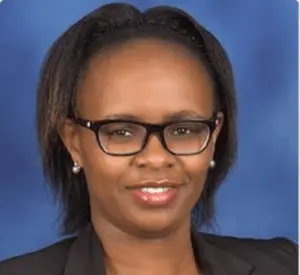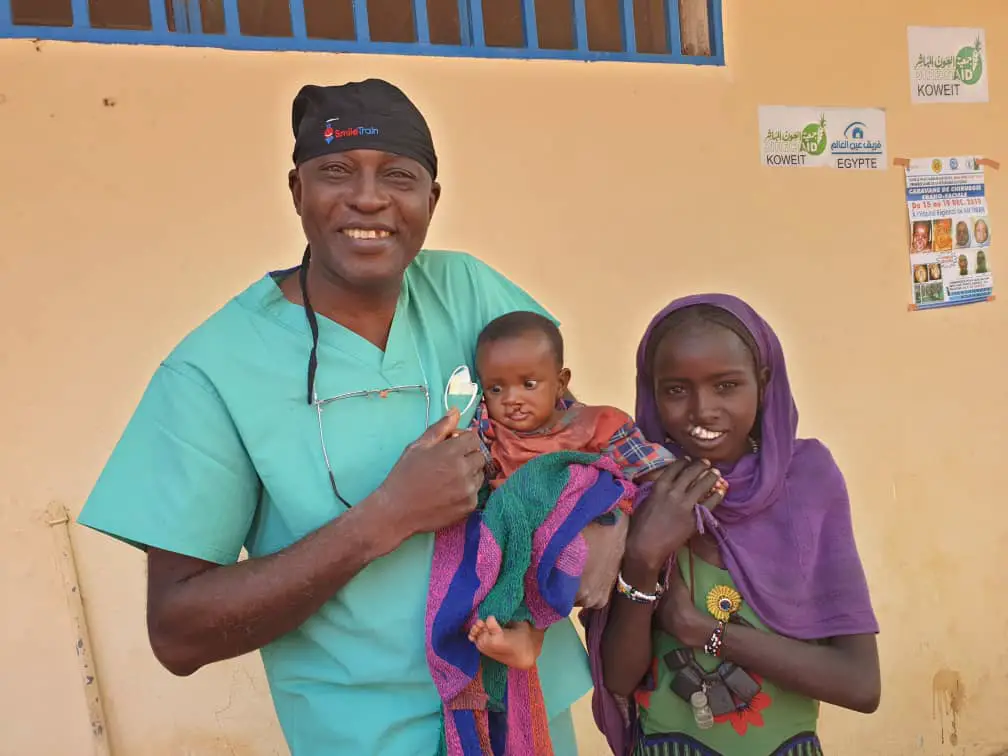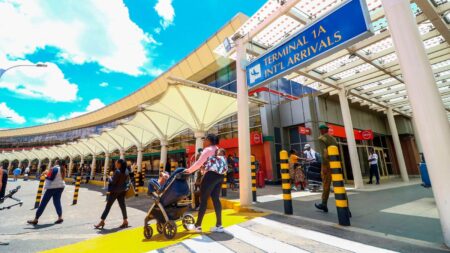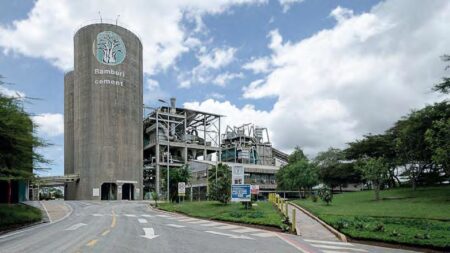Dr. Esther Njoroge-Muriithi is the Vice President and Regional Director for Smile Train Africa.
When we speak of inclusivity in healthcare, cleft lip and palate surgery is often considered a footnote in the priorities given to healthcare financing. Many children with clefts around the world live in isolation, making it difficult to make friends and go to school, but more importantly, have difficulty eating, breathing, and speaking. As we seek to achieve Universal Health Coverage, the long-term benefit of treating a single cleft at an early stage can bring in as much as $50,000 to the economy. This economic benefit therefore deserves to be considered a priority as governments address pediatric surgical care.

The Fourth meeting of the Global Initiative for Children’s Surgery (GICS IV) which took place in Johannesburg from 17th-18th January 2019, brought together providers and implementers of surgical services for children, along with health, advocacy, and policy experts. Participants discussed the current state of surgical care for children in Lower- and Middle-Income Countries, developing global, regional, national and local priorities to improve the delivery of surgical care for children in developing countries.
Smile Train which has been actively supporting programs in Africa since 2002 adapts the teach a man to fish model where we identify hospitals within local communities which have the capacity to offer safe and quality standards of surgery. As Smile Train, our strategic partnerships with the colleges of surgeons across the African continent not only empowers the surgeons to be able to treat cleft, but also increases human capital for surgery, ensuring that as a continent we are on a progressive trajectory towards achieving health for all.
Smile Train goes the extra mile to train the cleft ecosystem of medical professionals from cleft surgeons, anesthetists, nurses, nutritionists and orthodontists to community health volunteers. The organization has developed local partnerships with more than 245 partner hospitals and 255+ medical partners in 38 countries throughout Africa to provide free cleft treatment. To date, Smile Train’s local medical partners have provided more than 113,000 life-changing cleft surgeries across Africa.
Smile Train continues to reach out to local communities, dispelling myths and misinformation that surround cleft. Community health volunteers and nurses who have acquired trust among their communities have also been instrumental in encouraging patients to receive treatment. We envision that the deliberations at the GICS IV will translate to governments carrying along children needing surgery, including those born with cleft, as the world strives to achieve Universal Health Coverage.











